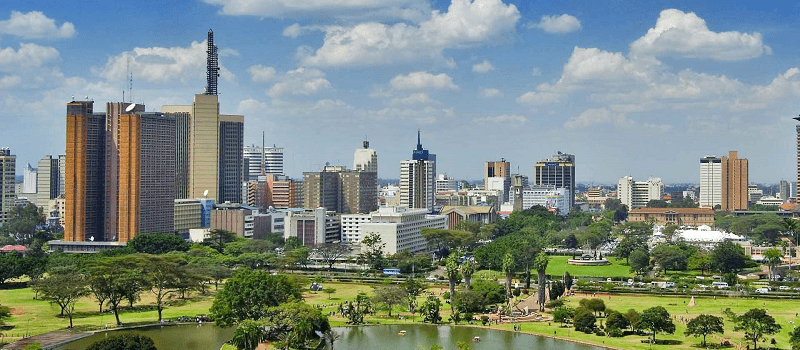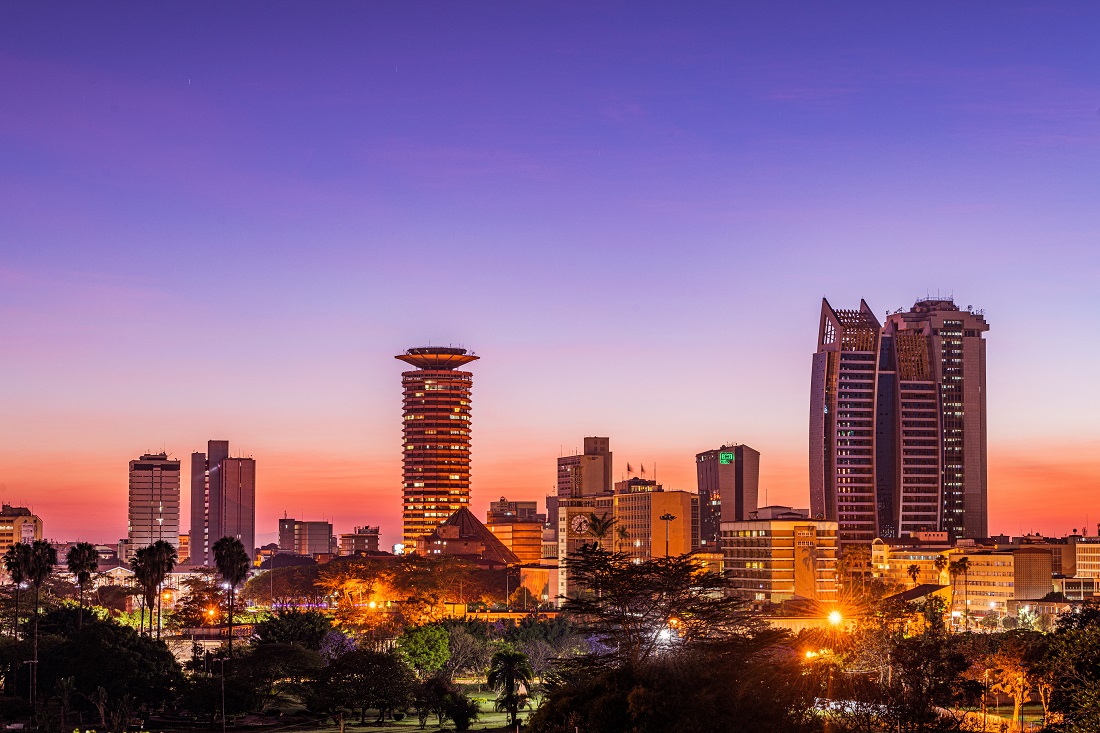In this article, Daniel Ngumy, Kenneth Njuguna and James Karanja of ALN Kenya talk to Bloomberg Tax as they analyse tax measures in the recent Kenya Finance Bill that will impact multinationals and other businesses operating across various sectors.
Insight type: Article
Africa’s Growing Dispute Resolution Landscape
Africa’s dispute resolution landscape has long been dominated by litigation, but the use of alternative mechanisms such as arbitration and mediation is becoming more prevalent.
Entrenching ESG Practices into AfCFTA to Promote International Trade
The current trends on the continent have an increased focus on sustainability with many African countries recognising the importance of sustainability and ESG practices and governments enacting legislation and regulations to address these challenges.
An African Approach to Taxing the Digitalised Economy
The Organization for Economic Cooperation and Development (OECD) defines the digitalised economy as “all economic activity reliant on, or significantly enhanced by the use of digital inputs, including digital technologies, digital infrastructure, digital services and data”. According to a World Bank Report, the digital economy is equivalent to 15.5% of the global GDP and has been growing two and a half times faster than the global GDP over the past 15 years. This includes Electronically Supplied Services (ESS) such as the online sale of e-books, movies, music, games, and other digital content and applies to foreign companies like Amazon, Netflix, Twitter, and PayPal which use the internet to market and sell products in different countries where they have no physical presence.
Applying ESG Standards to Business
Over the last few years, the term Environmental, Social and Governance “ESG” has made its way into boardrooms, strategy discussions and annual reports in the West and more recently in Africa. Gone are the days when investors, CEOs and boards of directors’ sole focus was on the traditional objective of making profits and ensuring shareholder returns. The tangible and intangible benefits of ESG have been questioned by many and have been discussed at events, conferences and forums in relation to financial transactions.
The EACJ as a Seat of Arbitration for Commercial Disputes
The East Africa Community (EAC) is a rapidly growing regional bloc. EAC has evolved since its inception in 1999 from a three-member regional bloc to its current seven members after the recent admission of the Democratic Republic of Congo (DRC) to the community. The common market within EAC brings about the free movement of goods, persons, labour, services, capital, information, and technology. Regional integration within EAC is taking shape, and with the common market, cross-border transactions will undoubtedly spike. There is an estimated population of over 280 million citizens within EAC. More interaction between individuals and businesses is expected to increase drastically, ultimately resulting in potential disputes.
Reassessing OECD’s Approach to Transfer Pricing and the Arm’s Length Principle
The Organization for Economic Co-operation and Development (OECD) recently published its 2022 version of the OECD Transfer Pricing Guidelines for Multinational Enterprises and Tax Administrations for MNEs and Tax Administrations (TP Guidelines).
Artificial Intelligence in the Media and Entertainment Industry
The distribution of content in the global media and entertainment industry is rapidly changing. Due to the increasing accessibility of content creation technologies such as high-resolution cameras, content development software, and smartphones, almost anybody can now create, publish, and share written, audio, and video content.
Demystifying FinTech | Chat Legal with A & O Podcast
The global Nigerian law firm, Aluko & Oyebode, share a new podcast series ‘Chat Legal with A & O‘ where the attorneys across the practice share insights, trends, and outlook on pressing issues and development in key jurisdictions in Nigeria and around the globe.
Building Trust and Accountability in the Humanitarian Sector
Trust is at the heart of humanitarian action. It is a core tenet to the relationships humanitarian organisations build with the local communities in which their actions are rooted, as well as with donors, both to whom they are accountable.








